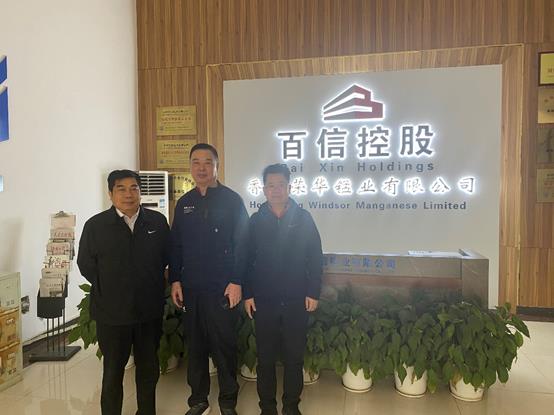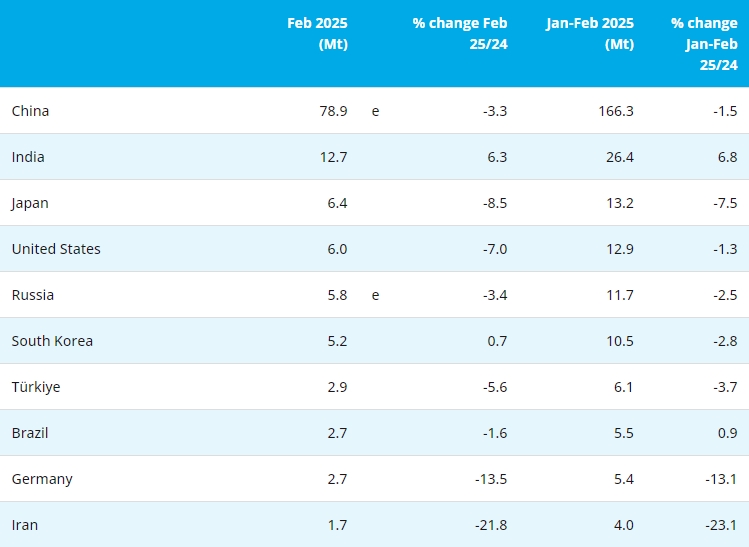[ferro-alloys.com]Three batches of copper plates mined in Finland and 99.99% pure with fewer than 0.1 parts per billion of radioactive impurities, which was later rolled into plates in Germany, shipped across land and sea to Fermilab, a particle physics and accelerator laboratory in the US, and finally rushed into storage 100 metres underground, may contain the key to detect dark matter.
According to Fermilab scientist Dan Bauer, to be able to use the plates to analyse dark matter the copper had to remain as pure as possible. This would have been jeopardized by exposing them to the surface as cosmic rays hit Earth every day and when such particles strike a copper atom, they can knock out protons and neutrons to produce another atom called cobalt-60.
Cobalt-60 is radioactive, meaning that it is unstable and spontaneously decays into other particles.
This work is part of the Super Cryogenic Dark Matter Search, whose focus is to search for dark matter at SNOLAB, an underground laboratory in Ontario, Canada.
In a media statement, Bauer said that the copper plates will eventually take the shape of six oversized soda cans arranged like nesting dolls. The innermost can will house germanium and silicon devices designed to detect hypothesized weakly interacting massive particles, (WIMPs), especially those with less than 10 times the mass of a proton.
The vacuum-sealed outermost can, on the other hand, will measure a little over a metre in diameter. The whole contraption, dubbed the SNOBOX, will be linked via a set of copper stems to a special refrigerator that will cool the detectors to a tiny fraction of a degree above absolute zero.
At such frigid temperatures, thermal vibrations are so small that a WIMP could leave a detectable signal upon colliding with an atom.
But “you’re looking for a needle in a haystack with dark matter,” Bauer said. “The best you’re going to get is maybe a few events per year.”
Meanwhile, ordinary matter particles flying through the SuperCDMS detectors could produce extraneous signatures, known as background, that would drown the signals from dark matter interactions.
Burying SuperCDMS two kilometres underground and encasing the SNOBOX in layers of lead, plastic and water will screen out almost all the unwanted particles in the environment. But nothing stands between the copper cans and the detectors. And while copper’s ability to transport heat makes it ideal for cooling the detectors, any radioactive impurities in the metal would emit background particles.
“The bottom line is that the longer the copper sits around on the surface being exposed to cosmic rays, the more cobalt-60 is created,” Matthew Hollister, manager of the SuperCDMS cryogenics system, said. “So part of the background budget for the experiment includes a time limit for surface exposure.”
Between intrinsic impurities and those introduced through cutting, rolling and transporting the copper, the plates now sitting underground at Fermilab are not quite pristine.
After receiving the plates, the researchers sent samples to the U.S. Department of Energy’s Pacific Northwest National Laboratory for detailed testing to quantify the remaining impurities. Soon, the plates will leave Fermilab for fabrication, and the cobalt clock will be ticking once again until the cans reach their home at SNOLAB.
“The last step before we take them underground will be to spray them with an acid etch that will take off some tens of microns of the surface,” Bauer said.
The SuperCDMS collaboration plans to begin collecting data in 2022. All in all, this iteration of the experiment is aiming for background levels 100 times lower than its predecessor, thanks in large part to the purity of the copper.
With the increased sensitivity, researchers hope to spot any low-mass WIMPs that might be in the neighbourhood.
(Mining.com)
- [Editor:王可]



 Save
Save Print
Print Daily News
Daily News Research
Research Magazine
Magazine Company Database
Company Database Customized Database
Customized Database Conferences
Conferences Advertisement
Advertisement Trade
Trade














 Online inquiry
Online inquiry Contact
Contact

Tell Us What You Think